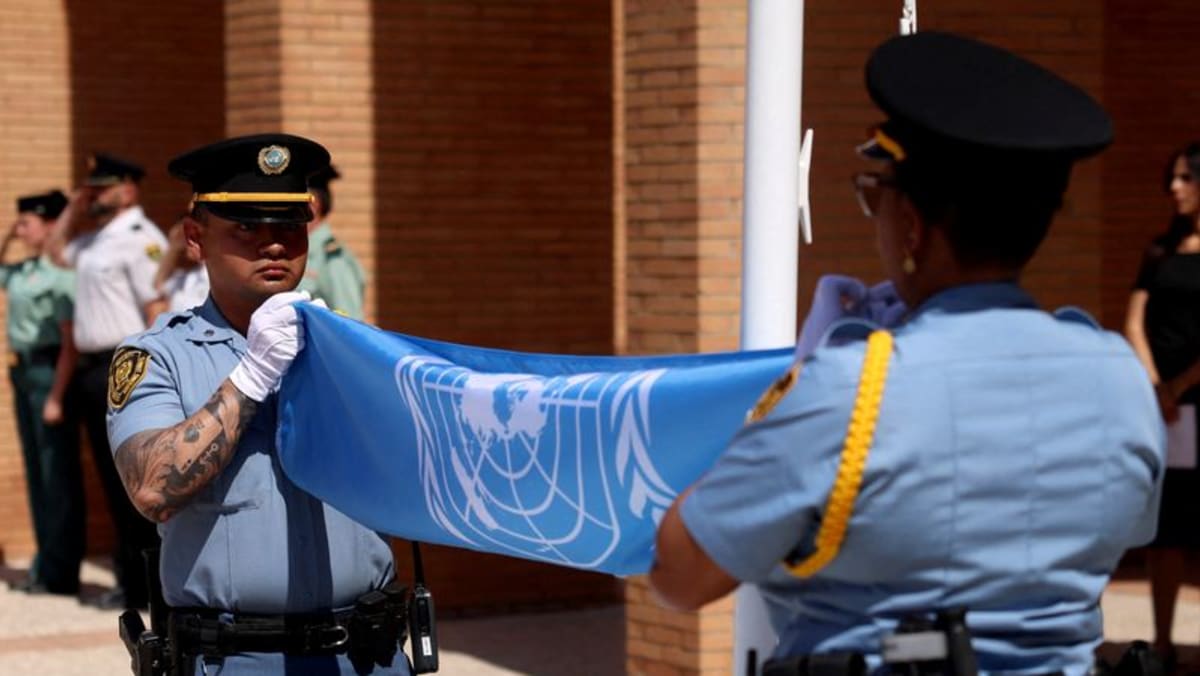SEVILLE, Spain: When over 1,000 civil society representatives flocked to Seville this week for a UN conference on development financing their expectations were already low, but the four-day event left many frustrated and feeling their voices were stifled.
The once-in-a-decade summit promised to marshall resources that could narrow the estimated US$4.3 trillion financing gap needed to help developing countries overcome mounting debt distress, the ravages of climate change or structural inequality, among other hurdles.
However, the world’s richest governments have been slashing aid and bilateral lending while increasingly prioritising defence spending as geopolitical tensions escalate, raising doubts that the cautious optimism expressed by most officials in attendance was realistic.
Several civil society organisations (CSOs) were critical of the measures outlined in a final document, the “Seville Commitment”, which they said was watered down by wealthier nations unwilling to walk the talk. Others lambasted what they described as a private sector-first approach to development.
Arthur Larok, secretary general of ActionAid, said Global South countries were “returning home empty-handed” while Global North governments did so “free from responsibility”.
Still, certain initiatives – such as an alliance to tax the super-rich or plans to slap new levies on premium and private-jet flying – were widely celebrated among CSOs.
Their main complaint was a lack of access, with accusations ranging from difficulties obtaining accreditations to exclusion from key negotiations, prompting CSO delegates to hold a protest at the conference’s venue on its final day.
“We’ve witnessed an unprecedented wave of restrictions and lack of attention to the voice of civil society,” Oyebisi Babatunde Oluseyi, executive director of the Nigeria Network of NGOs, told Reuters, adding a new mechanism was needed to insert their perspective into global decision-making.
UN Deputy Secretary General Amina Mohammed acknowledged CSOs’ grievances in Thursday’s closing press briefing and said the UN would endeavour to “expand the space” for them.
“The UN was built to defend human rights – if it cedes to the global trend of shrinking civic space, it’ll undermine its legitimacy,” said Hernan Saenz of Oxfam International.
In a joint declaration on Sunday, the CSOs denounced the international financial system as unjust and called for its “complete overhaul”.
Despite the pervasive discontent, all CSO representatives interviewed by Reuters said they ultimately believed in the UN system.
Hirotaka Koike, a board member at the Japan NGO Center for International Cooperation, said he did so because it was the only place where all countries were treated equally.
“Yes, there are bureaucracies; yes, there are a lot of processes. But what else do we have?”
